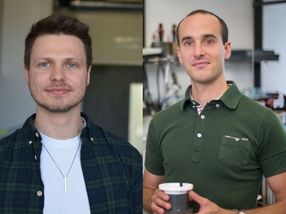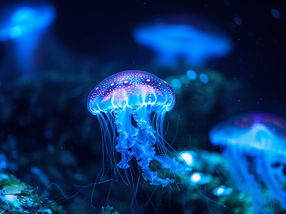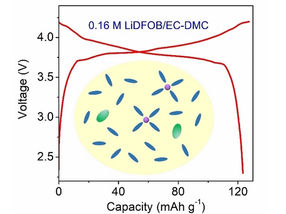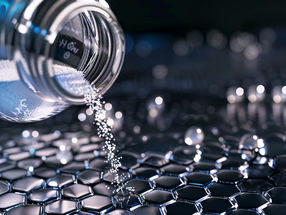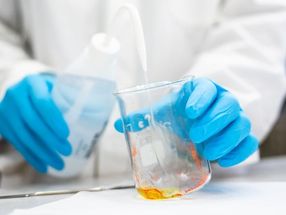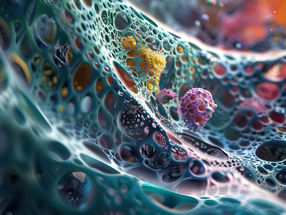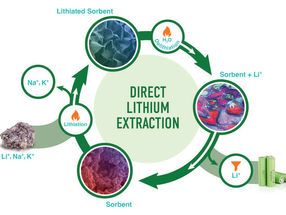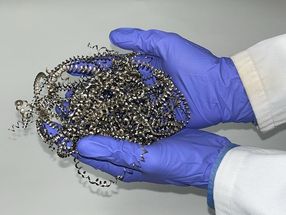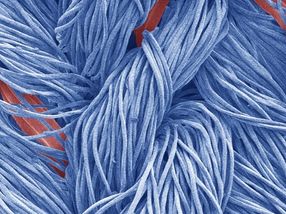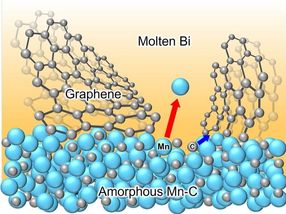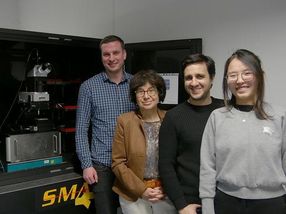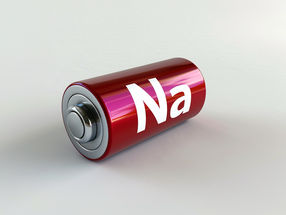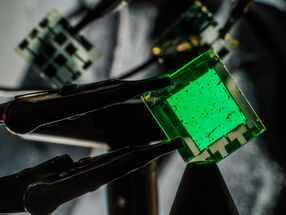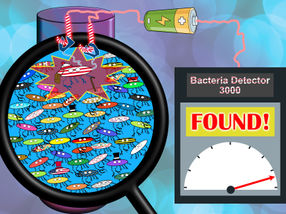Curious caffeine crystal prepared
A team of chemists based in four labs across the world have successfully prepared a crystal structure that has eluded scientists for more than 60 years.
After many years of work, the team developed a successful method to prepare the caffeine: benzoic acid co-crystal, which was previously thought to be unobtainable. Despite a computational study suggesting that a stable cocrystal comprising the two components should form, all attempts using well-established techniques failed.
The scientists hypothesised that a kinetic barrier was hindering the cocrystal formation, so they tried using a benzoic acid derivative and found that this facilitated crystallisation. Curiously, once the seeds had been introduced into the lab, they found that the cocrystal formed regardless of whether or not they were used in crystallisation experiments, meaning that they had to move further experiments into uncontaminated laboratories.
Cocrystallisation is significant in the pharmaceutical industry because it can help to improve solubility, stability and bioavailability.
Most read news
Original publication
Organizations
Other news from the department science

Get the chemical industry in your inbox
From now on, don't miss a thing: Our newsletter for the chemical industry, analytics, lab technology and process engineering brings you up to date every Tuesday and Thursday. The latest industry news, product highlights and innovations - compact and easy to understand in your inbox. Researched by us so you don't have to.
